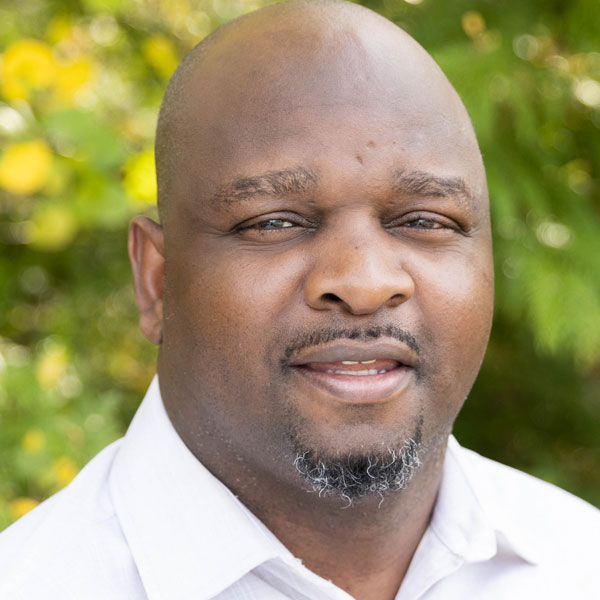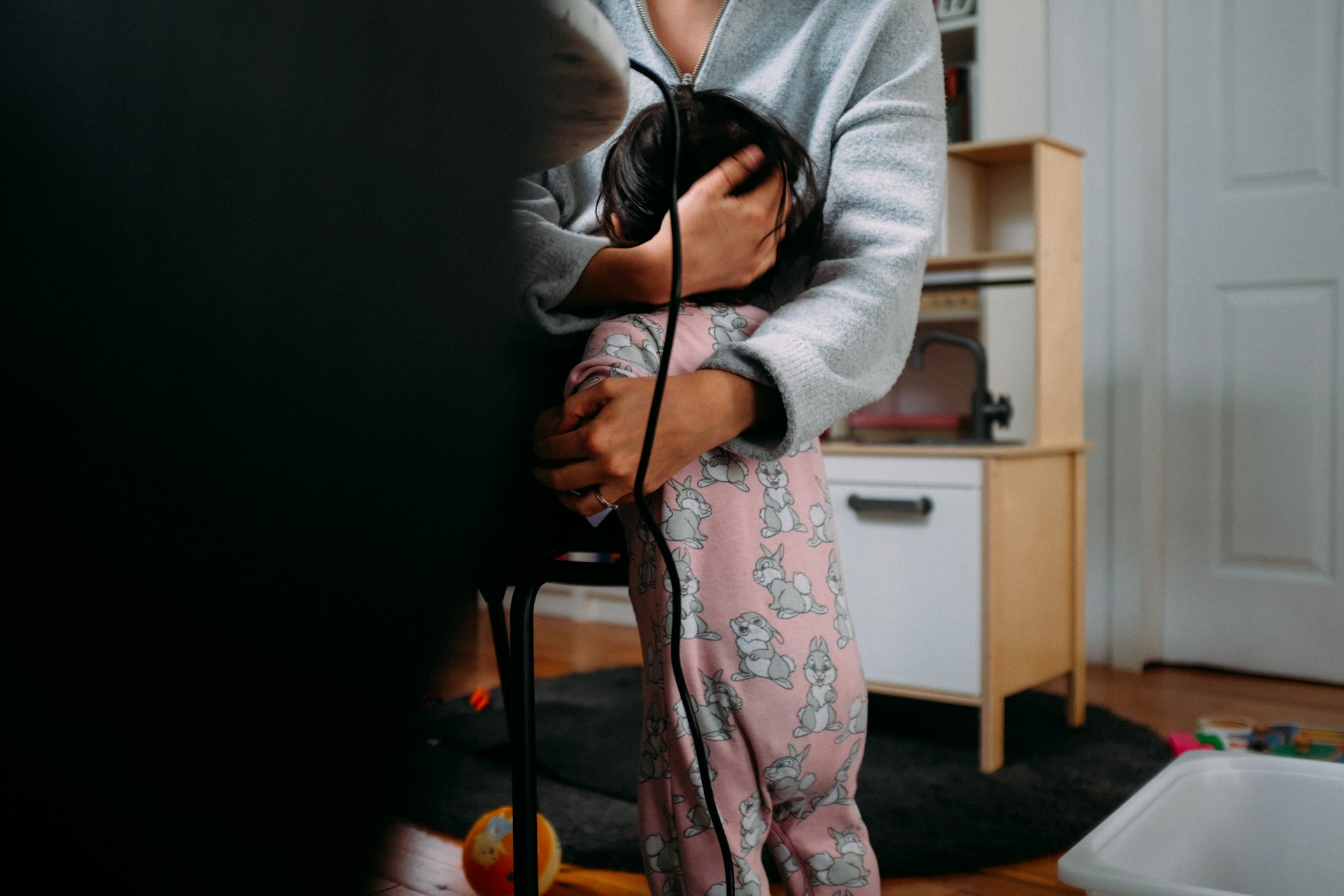 Facing the unfamiliar can be daunting, precisely because you don’t know what will happen. Not only that, but you don’t know how you’ll react in that situation, or what you’ll discover about yourself. One reason we stick to a routine and often have clearly defined habits is because it makes life predictable and manageable. We know what to expect and when we seek out adventure, it’s on our terms, especially where emotions are concerned.
Facing the unfamiliar can be daunting, precisely because you don’t know what will happen. Not only that, but you don’t know how you’ll react in that situation, or what you’ll discover about yourself. One reason we stick to a routine and often have clearly defined habits is because it makes life predictable and manageable. We know what to expect and when we seek out adventure, it’s on our terms, especially where emotions are concerned.
Talking about emotions and giving them the green light can be unfamiliar territory for many men. Some may be familiar because they are socially sanctioned, but others may be harder to pin down and express for a variety of reasons. However, it’s important for the health of their relationships that men come to terms with the entire range of their emotions, and learn how to express them in a healthy way.
This article will explore how emotions factor into relationships and the ways men can learn to embrace them for the health of themselves and their relationships.
The role of emotions in our lives
There is a broad variety of emotions that a person can experience in a single day, let alone a lifetime. If you look at one of those emotion wheels, you will glimpse the bewildering depth of feeling in us. When you watch a well-crafted movie, read a great book, or watch a nail-biting football or basketball game, you can experience a roller coaster of feelings.
The fact that we have feelings isn’t an accident. God created in us the capacity to experience the world in many ways. We feel joy, awe, fear, hope, anger, sadness, anxiety, and many other emotions and shades of those emotions.
Our emotions function somewhat like an instrument panel. They tell us what we are experiencing, register what we’re going through, and give us feedback on what’s happening around us. When you feel joy, for instance, that is telling you that you’re enjoying whatever happened preceding that emotional response. When you feel anger, that also tells you something about how you have experienced something recently.
Of course, our emotions are more complex than this. It’s possible for something you experienced years before that angered you to be triggered in a different and unrelated situation. Or you can find yourself smiling today about something that happened last night.
 One part of growing in understanding your emotions is learning to discern what is behind those feelings. The other part is recognizing that they can be erratic and shouldn’t be followed.
One part of growing in understanding your emotions is learning to discern what is behind those feelings. The other part is recognizing that they can be erratic and shouldn’t be followed.
Part of the reality of the Fall, humanity’s rebellion narrated in Genesis 3, is that our emotional responses, like everything else, are out of joint. You can feel angry at someone who didn’t wrong you or take pleasure in another person’s pain. Our emotions are quite complex, but they can be helpful.
Your feelings don’t necessarily tell you what you should do. Often your feelings lead you into trouble if you treat them as reliable guides. It’s not always appropriate to blurt out what you feel like saying when you are elated or when your anger starts to boil. This requires developing a delicate balance between acknowledging what you feel and not yielding to it heedlessly.
Why emotions can be hard
People struggle with their emotions for many reasons. They may feel uncomfortable experiencing certain things because of the way they were raised. Some people are positive to the point of being toxic, and they don’t know how to handle sadness, fear, anger, or any other emotion often labeled as “negative.” Other people struggle to express any emotion because, in their family, emotions are meant to be kept buttoned up.
In other situations, certain emotions may be considered socially acceptable to experience and express. Statements such as “boys don’t cry” normalized being stoical for many generations of men, though crying in certain situations may have been acceptable. Social conditioning can make it difficult for men to allow themselves to feel and express certain things, and that inexperience can affect their ability to manage those emotions.
Emotions can also be hard because of a person’s life experiences. If you made a decision that didn’t turn out well because you followed a particular emotion or instinct, it may be harder to trust that emotion or instinct in the future. Also, if you see others express certain emotions in ways you don’t or can’t appreciate, it can turn you off. Joy can seem saccharine because of how you have seen others expressing it, and you don’t want to follow suit.
Certain emotions like anger can feel particularly dangerous because of the things people do when they express them poorly. Anger can be okay; it just lets a person know that their boundary has been violated. However, how one responds to that is the question. Many people struggle to express their anger appropriately. The result is that anger itself is problematized when the real issue is what people do with their anger.
In these and other ways, emotions can be hard, not only in making sense of them but also in knowing what to do with them after we’ve deciphered them. We don’t always have the best role models in handling our emotions constructively, and we may have unhelpful habits and thought patterns that hamper effectively handling our emotions. We need to move to a place of deeper and better self-understanding.
Giving your feelings the green light
You are unique, and how you experience the world won’t look and feel the same as everyone else. This does not mean you can’t learn from others, but it does mean learning to appreciate how you do things so that you are authentic and vulnerable. Giving the green light to your emotions could entail several things, including the following:
Recognizing the place of emotions
The first thing is recognizing the significant role of emotions in your life. Just because you ignore or suppress your emotions doesn’t mean that they go away. These emotions just find a way of popping up elsewhere and causing havoc there. Not expressing anger does not mean it goes away, for example, it can affect your physical health, or show up as misplaced or misdirected anger.
Your emotions alert you to how you are experiencing the world around you, and you ignore them to your peril. However, giving emotions their place means knowing their limits, and not allowing them to dictate what you do. They can inform you what you do, but unbridled emotions should not be in the driver’s seat.
Valuing a full emotional life
A man has many sides to him, and his emotions are part of that reality. Being in a relationship with someone will stir all kinds of emotions and a relationship that’s meaningful, vulnerable, and enriching will allow for the expression of those emotions. Hiding your joy, your anger, your sadness, or your anxiety is simply hiding parts of yourself from the people around you.
It’s okay to have a vibrant emotional life and to express those emotions in appropriate ways. Be yourself – it can be hard being that vulnerable, but healthy relationships need the fullness of who you are to be truly intimate, and for them to feel meaningful to you. Relationships need you to put some skin in the game, and emotional honesty is part of it.
 Committing to learn
Committing to learn
It isn’t always easy to know how to describe what you’re feeling, let alone know how to express it in a way that makes sense. You may also have to learn to allow yourself to feel certain things, especially if your socialization says otherwise. Dealing with your emotions is a lifelong learning process. It may mean learning new vocabulary or learning to curb certain ways of harmful self-expression.
Seeking help
One way to do the work of understanding yourself better and learning how to wisely express your emotions in ways that build relationships and those around you is to seek help. Talking with a counselor can help you understand yourself better, and your counselor can provide you with tools for better self-expression. You can learn to read your emotions and grow in knowing what inspired them.
Talking with a counselor can also help you understand any unhelpful or unhealthy thoughts or attitudes you may have about your emotions and their place in your life. They can help you appreciate the place of emotions in your life and help you nurture the skills to express your emotions well. Reach out to us to speak to a counselor if you find yourself struggling to fully understand, experience, and express your emotions.
“Hourglass”, Courtesy of Eren Yildiz, Unsplash.com, CC0 License; “Ocean Rock”, Courtesy of Kellen Riggin, Unsplash.com, CC0 License; “Desert”, Courtesy of Peter Thomas, Unsplash.com, CC0 License; “Standing in the Water”, Courtesy of Beaver Fernandez, Unsplash.com, CC0 License
-
Meluleki Ncube: Author
As a Licensed Marriage and Family Therapist (LMFT), I have extensive experience working with a wide range of clients from diverse backgrounds, including teenagers, adult individuals, parents, and couples. As your therapist I promise to show up and li...
-
Kate Motaung: Curator
Kate Motaung is the Senior Writer, Editor, and Content Manager for a multi-state company. She is the author of several books including Letters to Grief, 101 Prayers for Comfort in Difficult Times, and A Place to Land: A Story of Longing and Belonging...
DISCLAIMER: THIS ARTICLE DOES NOT PROVIDE MEDICAL ADVICE
Articles are intended for informational purposes only and do not constitute medical advice; the content is not intended to be a substitute for professional medical advice, diagnosis, or treatment. All opinions expressed by authors and quoted sources are their own and do not necessarily reflect the opinions of the editors, publishers or editorial boards of Stone Oak Christian Counseling. This website does not recommend or endorse any specific tests, physicians, products, procedures, opinions, or other information that may be mentioned on the Site. Reliance on any information provided by this website is solely at your own risk.








